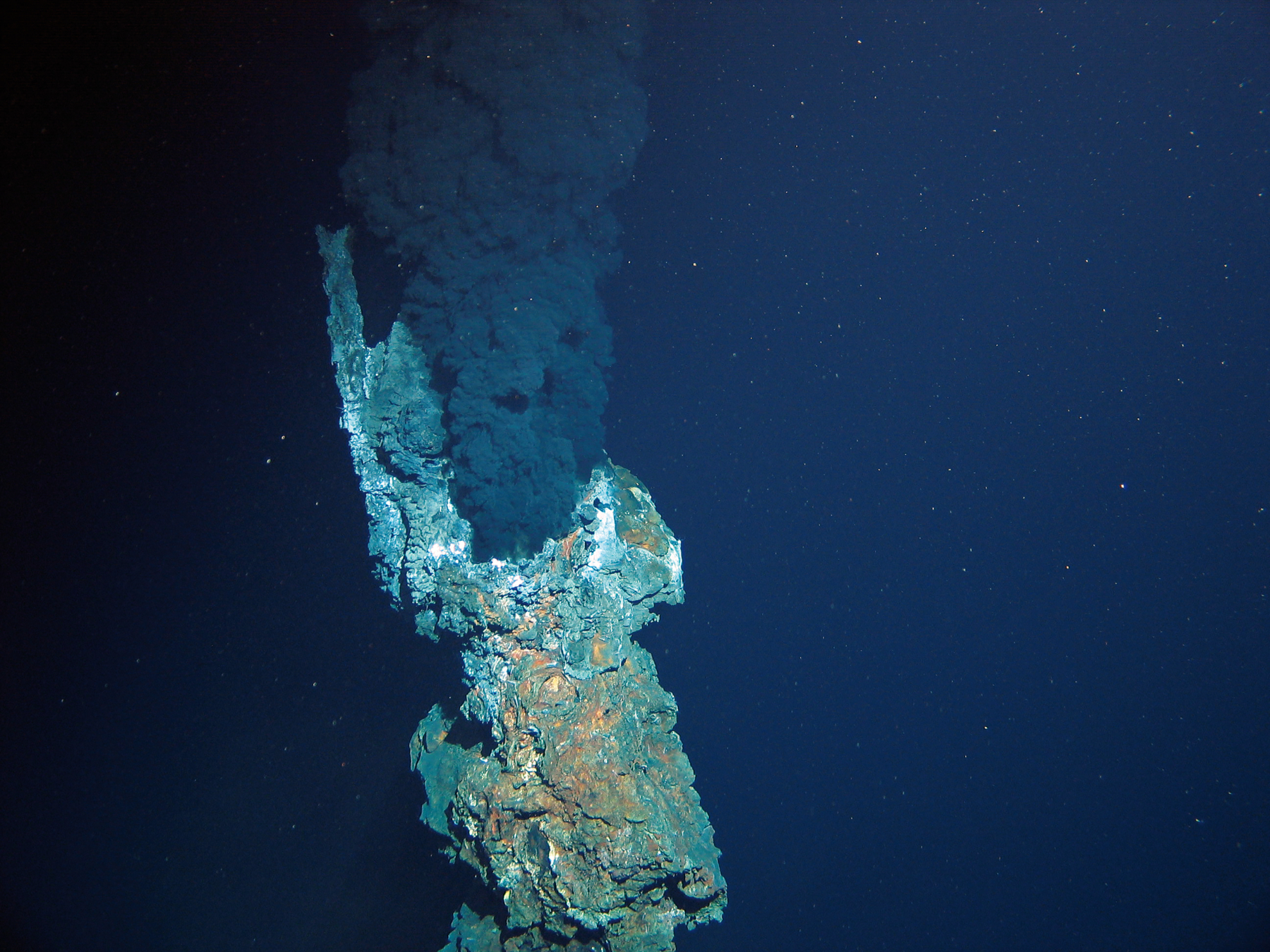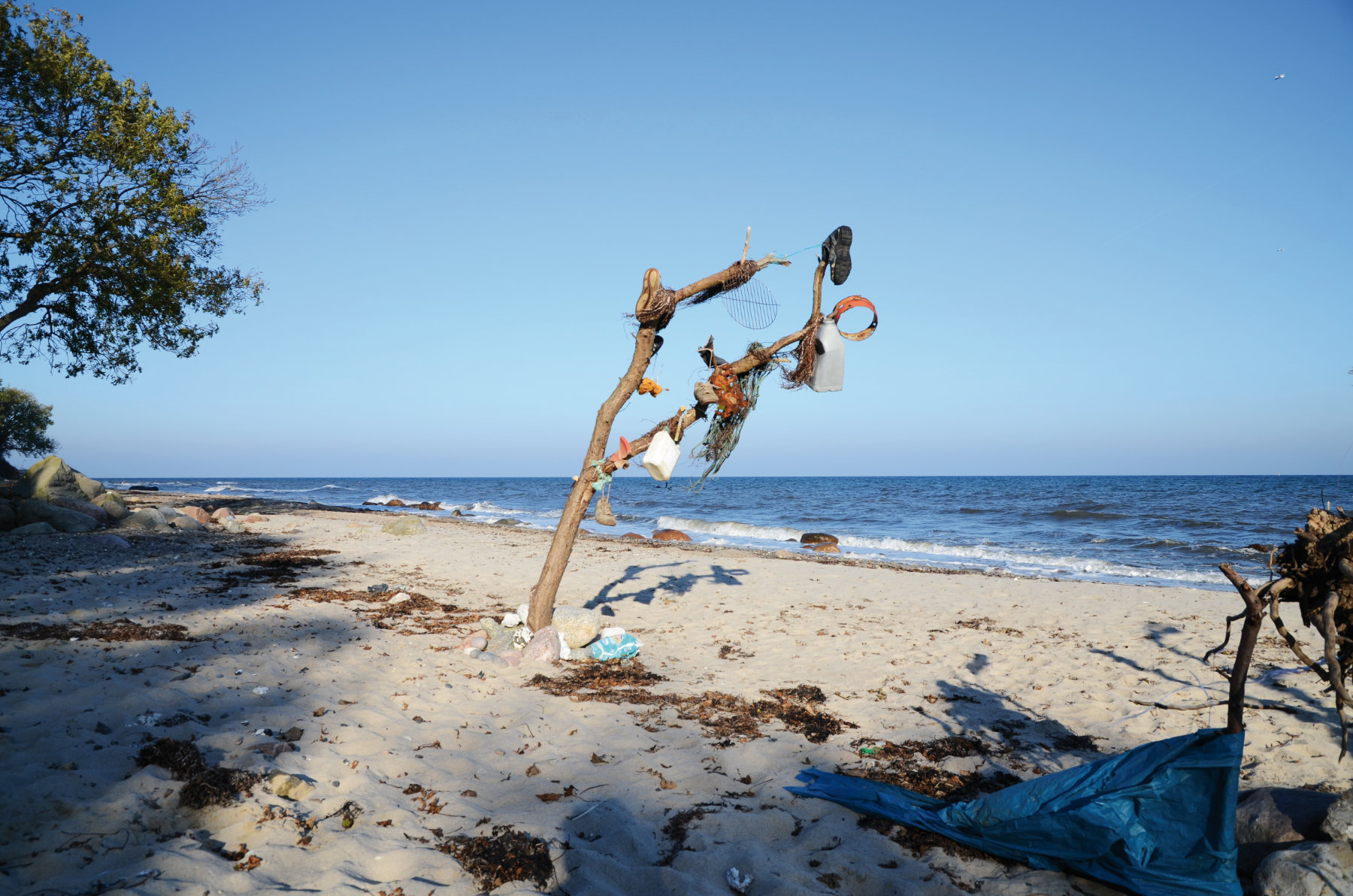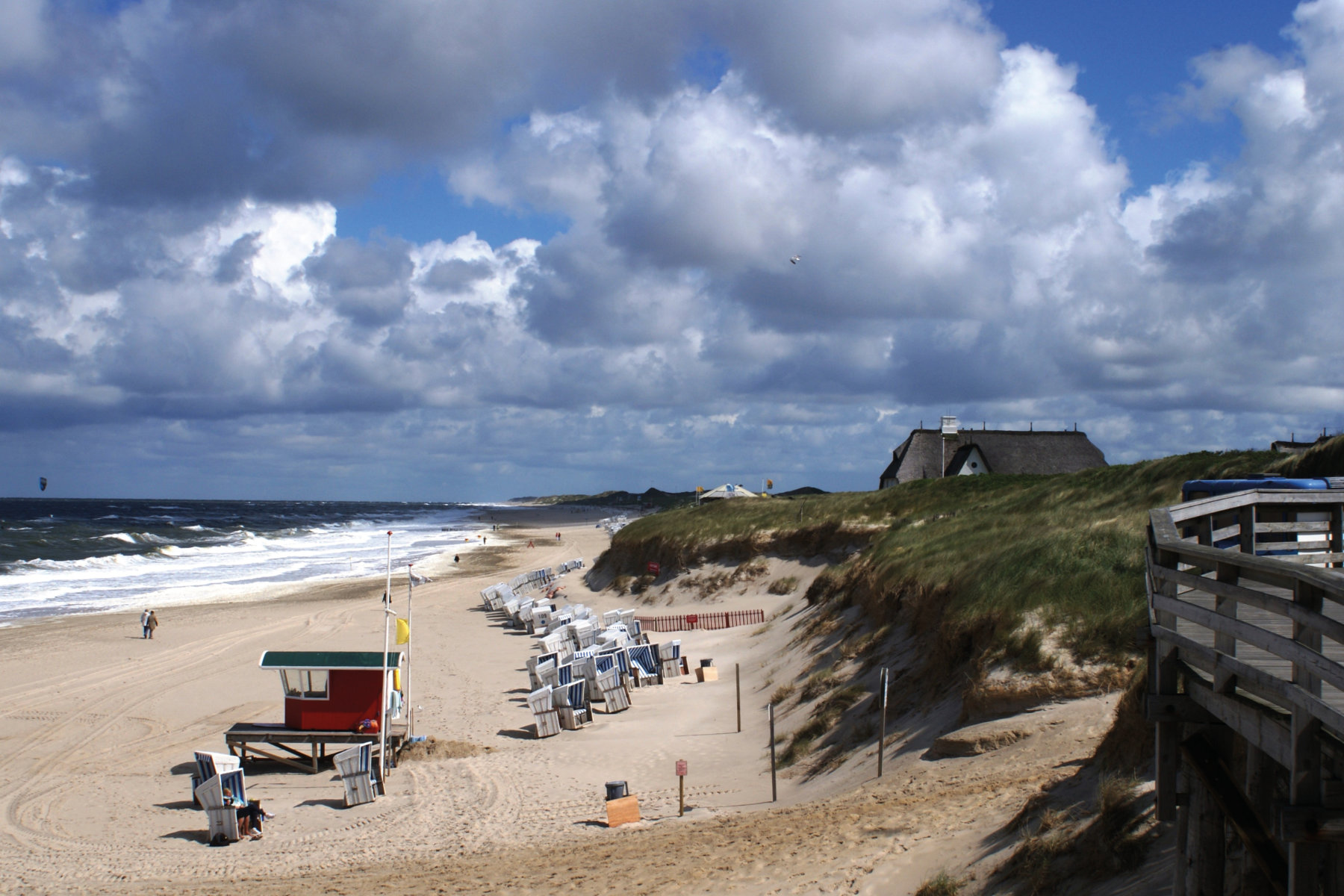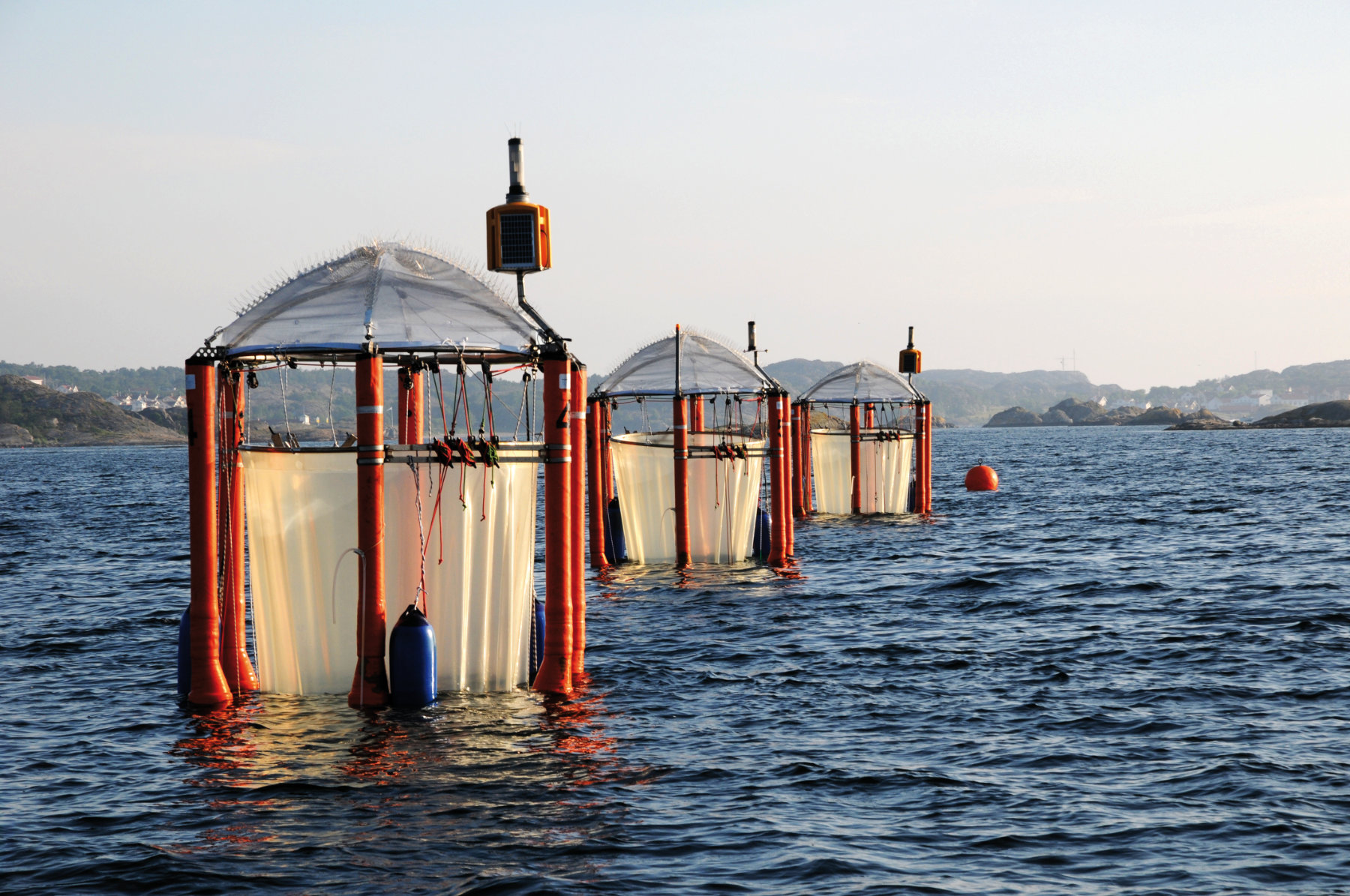Interview with the speakers of The Future Ocean:
Ralph Schneider and Nele Matz-Lück of Kiel University, and Martin Visbeck of the GEOMAR Helmholtz Centre for Ocean Research Kiel, are the speakers of the Cluster of Excellence "The Future Ocean" in Kiel. Here they explain why marine sciences in Kiel are unique.
What is Kiel's overall mission in the marine sciences in the 21st century?
Martin Visbeck Our interdisciplinary approach to ocean change, ocean risks and ocean opportunities has been ambitious and future-oriented. We have used the funds of the German Excellence Initiative to close the gaps between pockets of excellence in the Kiel research landscape. Thirteen research groups were established to investigate topics such as climate change, impacts on the ocean, ocean resources or legal and economic challenges. The virtual institute that we have created is the now world's most integrated setting for marine research. Before Future Ocean there were few economists or lawyers dealing with the new challenges of marine science. But their knowledge is essential to answering the key questions about the opportunities and challenges posed by the changing ocean.
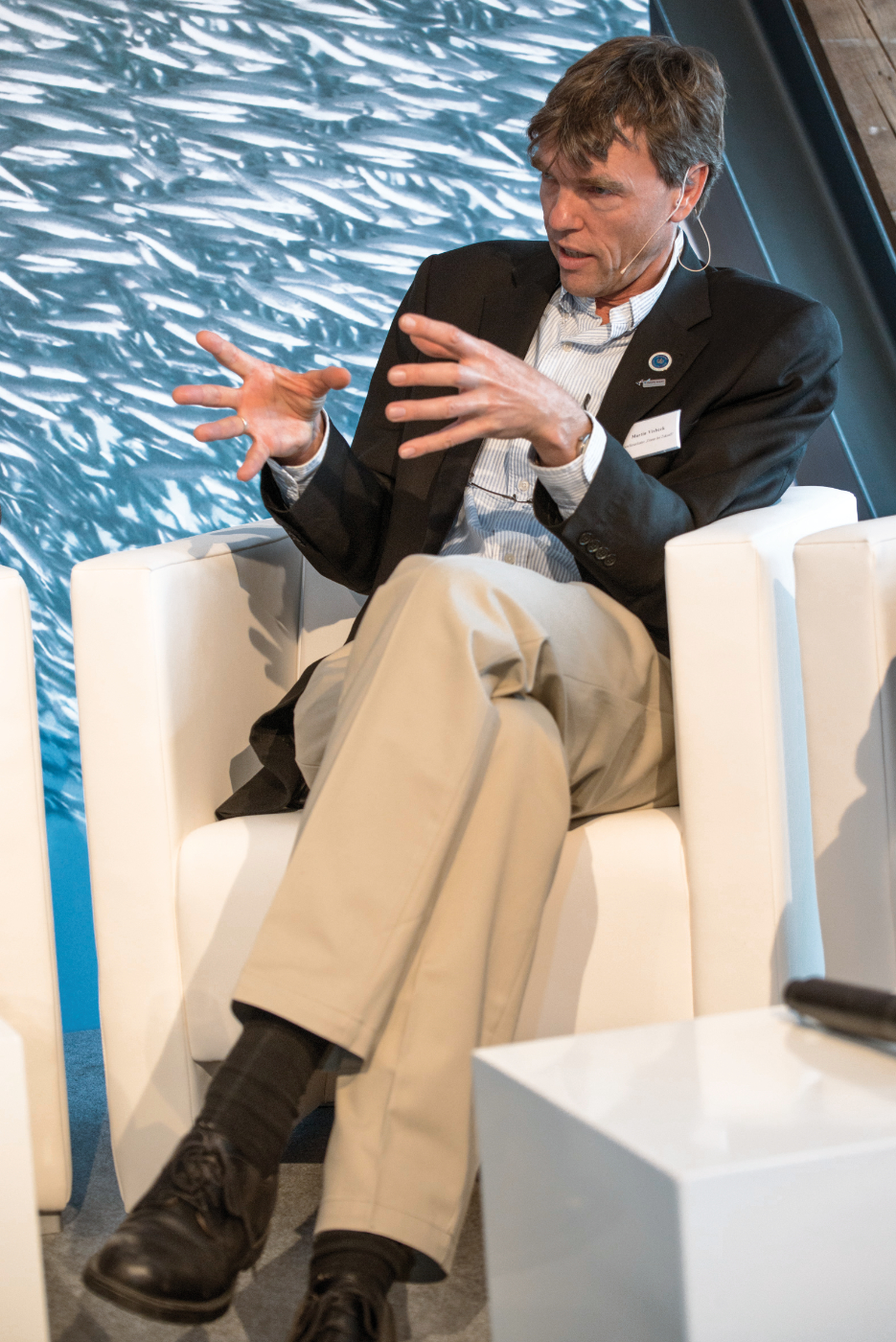
So it's not just about great research, but also about solving real problems?
Visbeck Alongside producing the best integrated science, the second phase of Future Ocean is designed to communicate and exchange knowledge with politicians, industry, NGOs and civil society. The overall aim is to put our innovation cycle into practice. The objective is for improved understanding, including scientifically-based predictions and scenarios, to provide crucial information to decision-makers.
Matz-Lück Even in my own area of maritime law, interdisciplinary issues arise such as climate change and geoengineering, piracy, or the growing interest in Arctic resources. Working in an interdisciplinary way helps us to understand the pressures on the system more fully, and to point to ways of increasing resilience with more authority. We can discover and research the issues, assess their importance, and provide suggestions for regulating them. Industry is an important partner and we need to work with businesses to put money into the solutions we are suggesting, for example to plastics pollution. We need to strengthen those ties and work with industry on the co-design of future initiatives.
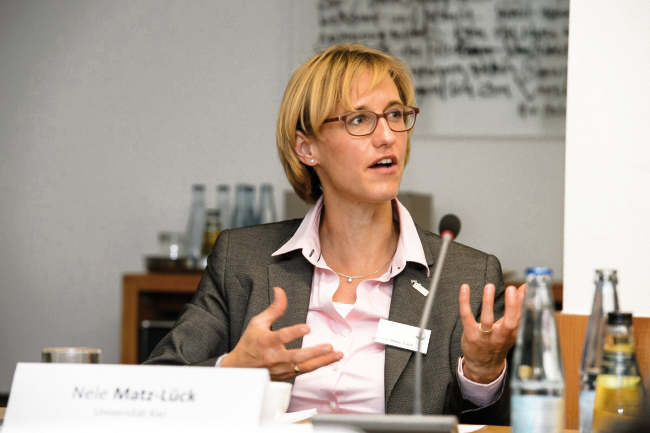
Do you have the right people for this big challenge?
Schneider A new focus for the Cluster is our strong support for young scientists and their careers. There has been a dramatic decrease in 'Mittelbau' positions, people responsible for research, education and laboratories within a research group. This lack of career options might lead to a loss of next-generation scientists which would be felt at all levels of research and education. Within the Future Ocean Network we want to develop and implement a solid framework for career and personal development, including increased financial security for individuals and the institution. Ambitious equal opportunity targets have been a feature of this work from the beginning. A continuous commitment to quantitative gender targets of 50% for junior research group leaders and postdoctoral research positions has led to a significant increase in the number of female professors and researchers in a number of departments at Kiel University, above all in the Faculty of Mathematics and Natural Sciences, the Faculty of Business, Economics and Social Sciences, and the Faculty of Law. We had six per cent female PIs in 2007 and 40 per cent in 2017. In the Future Ocean cluster, we have implemented the "via:mento ocean" program, a cluster-specific mentoring program for female postdoctoral researchers in marine science, offered in English in order to address international researchers equally. The cluster has provided a number of services such as a child care facility, child care during conferences and workshops, and a family commissioner that are available to all members with family duties, as part of its commitment to family-friendliness.
How do you connect Future Ocean research to possible user communities and research partners?
Schneider As a state body within Schleswig-Holstein, the university is well aware of the local and regional importance of its work. With interdisciplinary research, we can start to provide solutions to a full range of issues from basic to applied science. Some of our projects have industrial application, while others lead to better, knowledge-based political decisions or policies. The better we understand the key research questions and the approaches of other disciplines, the more relevant the conclusions from our own research can be. During the second phase of Future Ocean, it was particularly important to expand our disciplinary base into political science and environmental ethics.
At the same time, internationalisation is a key goal for Future Ocean. The Cluster is establishing premium, long-term relationships on an institutional basis with a handful of centres worldwide, while encouraging staff to build their personal networks around the world. We envision easy exchange opportunities for students and researchers at all levels, and we will use our network to benchmark our scientific and organizational development.
Matz-Lück We already work with ministries in Berlin and with bodies such as the Institute for Advanced Sustainability Studies in Potsdam. Our link to the State of Schleswig-Holstein gives us political influence locally and nationally.

Just how interdisciplinary is Kiel Marine Science?
Schneider Since autumn 2012, when the Kiel University Board founded Kiel Marine Science, it has integrated the expertise of more than 70 researchers, from every faculty of the University. Kiel has a long tradition in the marine sciences, in particular at the Institute for Geosciences which has several working groups in marine geochemistry and petrology, paleoclimate research and modelling, marine geophysics and coastal research. Over the past few years, we have emphasised interdisciplinary research across the full range of subjects. Our work enjoys high recognition across different subjects and faculties, and beyond national boundaries. One special asset has been our ability to recruit young scientists strategically, on an interdisciplinary basis that allows them to choose their own supervisors and work on their own projects.
Matz-Lück The cluster has been very successful at creating platforms for interdisciplinary work to grow. In the past, I would never have been able to do a project proposal as a joint venture with an engineer. We need to communicate the results of this approach to the public and to other academic institutions, and to make sure our strategy is understood. But there is also a task of internal communication. The Cluster has about 155 full members, over 300 if all our associate members are included.
How does this work feed our growing awareness of economic and environmental sustainability?
Schneider Kiel research helps develop strategies for using marine resources in a sustainable and responsible way. It also provides applied insights into marine hazards and risk factors, such as earthquakes and tsunamis. There is a strong emphasis on the economic, legal and ethical impacts of our use of the ocean, including the deep ocean as well as coastal and territorial waters. This knowledge has direct implications for human welfare.
Our ambition is to contribute the scientific basis for humans to live sustainably with the ocean.
Do other local organisations support and sustain this activity?
Schneider To achieve maximum impact for its work, Kiel has become a pioneer in knowledge presentation and transfer, from fundamental research to the development of models and the implementation of management concepts, for example in fisheries management. Here we are supported by partners including Research and Technology Centre West (FTZ) in Büsum, with its broad spectrum of research on the North German coast and internationally, the Kiel Institute for the World Economy (IfW), the University Hospital (UKSH) and the Society for Marine Aquaculture (GMA), also in Büsum.
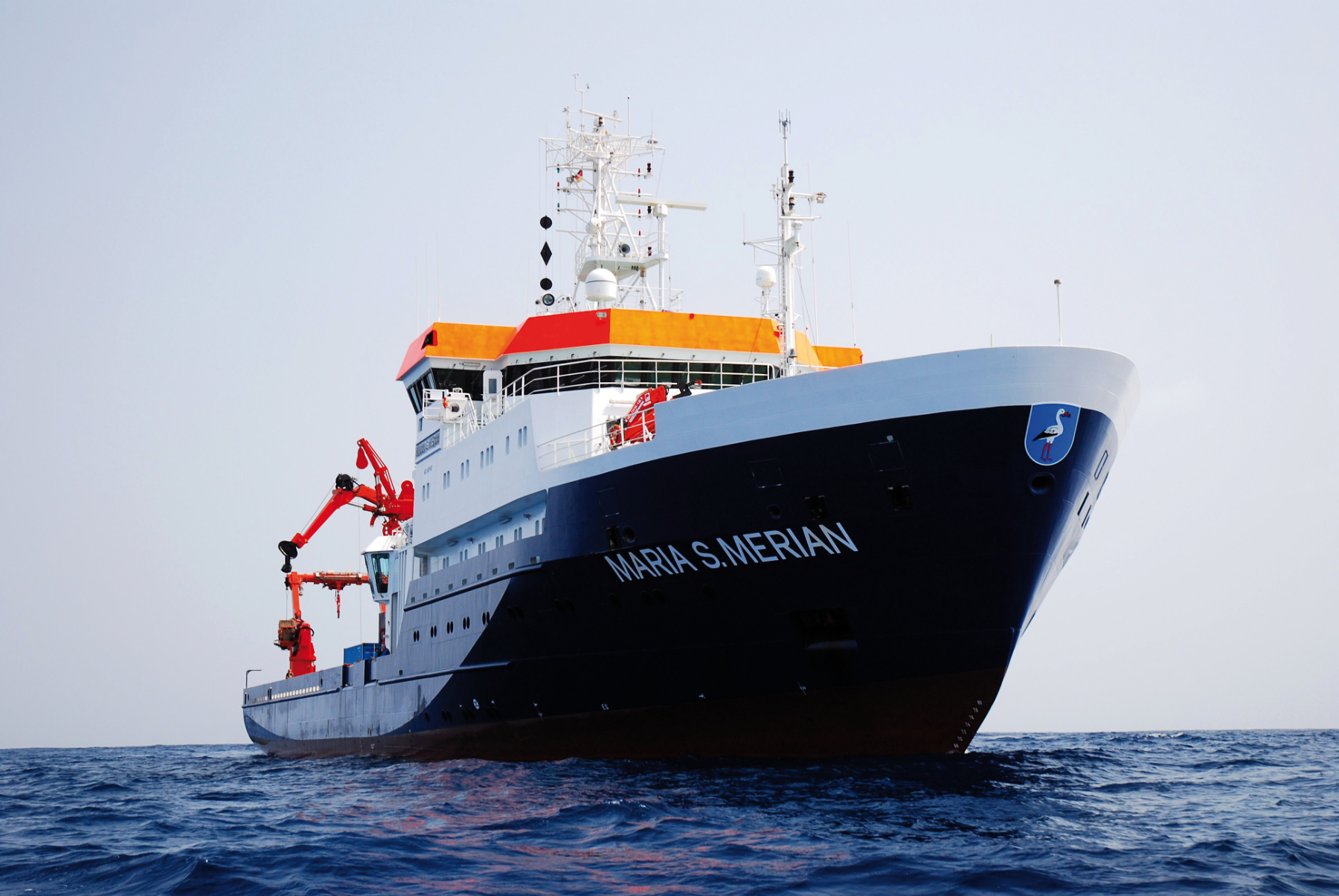
Over the past few years, we have emphasised interdisciplinary research across the full range of subjects.
What are your hopes for the next phase of Kiel Marine Science?
Visbeck The planned cluster will acknowledge the complexity of societal demands and the intricacy of society's interaction with the environment. Information exchange and engagement activities will add another dimension to our research. Our ambition is to contribute the scientific basis for humans to live sustainably with the ocean. We have confidence in the proposal because it is based on a decade of successful investment in integrated ocean research here in Kiel.
Is there a uniting theme for this very diverse range of activities?
Visbeck In terms of their human effects, we see the issues under three main headings. 'Ocean pressures' refers to the increasing variety of anthropogenic impacts on the ocean. These include climate change effects such as ocean warming, sea-level rise, marine carbon dioxide uptake, ocean acidification and ocean deoxygenation, and also the impact of waste dumping, increased noise levels, fossil fuel exploitation, the extraction of minerals and materials, coastal urbanisation, and carbon management activities. Our concept of 'ocean resilience' relates to the ability of human societies and marine ecosystems to endure and recover from disasters, stress and other disturbances. Finally, our objective of achieving 'intergenerational ocean prosperity' will call for us to understand how to improve the overall, long-term wealth and well-being of humans.
What new institutions are needed within the Cluster to achieve these ambitions?
Visbeck Again, there seem to be three. Digital Ocean is our open science initiative, and will move the emphasis of ocean science in Kiel from 'publishing as soon as possible' and towards 'sharing knowledge as early as possible'. Ocean research benefits from improved sensors, more inclusive ocean system modelling, efficient data flows, and big data analytics and algorithmics, combined with long-lived open research software. We will combine methods from mathematics, computer science, signal and systems engineering, social science analytics and bioinformatics. Our Digital Ocean activities will also develop new methods and educational tools to support the full spectrum of marine science. The objective is to use these methods and techniques ourselves, and make them available for open ocean research around the world.
The Ocean Media Lab will ask how transdisciplinary data syntheses can be understood and interpreted. It will explore visual data in the context of marine science, including the visualisation of observation data, model simulations, and future ocean scenarios. Media artists and communications experts will be engaged at a high level, focusing on human-computer interactions, the role of media in the scientific discourse, and the broader societal impact of visually communicated knowledge. The third part of the picture is the international Ocean Young Leaders Forum. It will bring early career researchers together with experienced academicians and non-academic stakeholders to address solution-oriented research into sustainable human dealings with the oceans.
